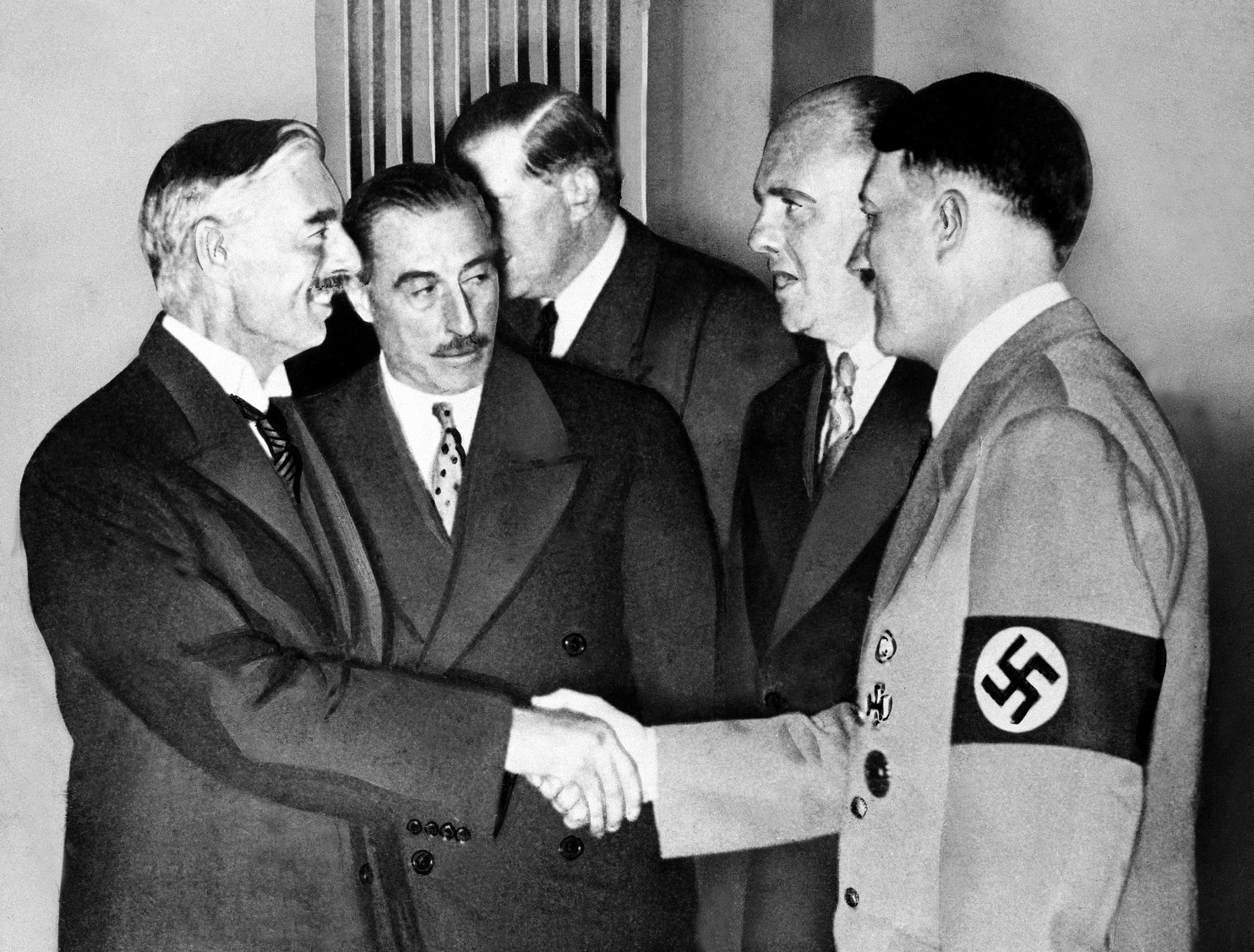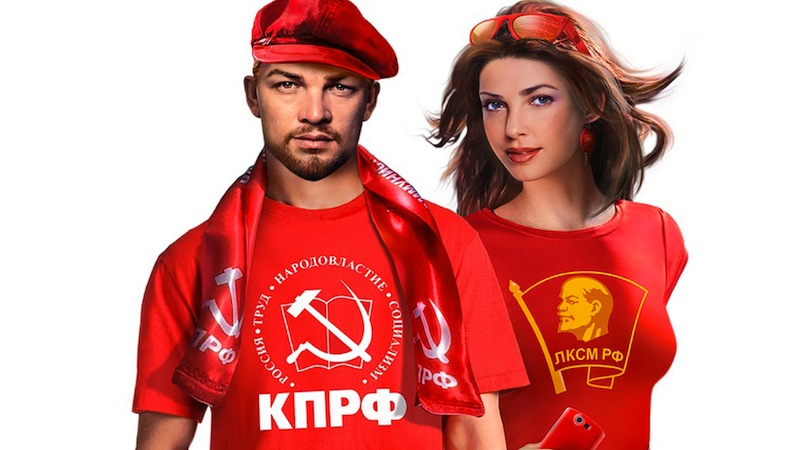Vladimir Putin’s campaign against liberalism and secularism is opening the way for a violent clash of civilizations – Orthodox Christian and Islamic – within the borders of the Russian Federation, a conflict that will weaken and could tear that country apart, according to two thoughtful commentaries over the last ten days.

(Image: zn.ua)
The first, offered by Kateryna Shchetkina on Kyiv’s “Delovaya stolitsa” portal, begins with the observation that the issue of the wearing of the hijab in a small school in Mordvinia has become an all-Russian one because of the intervention of Chechnya’s Ramzan Kadyrov and Moscow television.
What is happening and what the Kremlin is trying with its “struggle with religious extremism,” to delay because it can no longer prevent is a Huntingtonian “clash of civilizations,” one Orthodox Christian and the other Islamic that the Harvard scholar said would split the Russian Empire along the Dnipro but that is more likely to divide it along the Volga or the Oka.
She notes that the Russian Federation “already now is quite sharply divided into regions” that are dominated by religious culture, Orthodox or Islamic, rather than linked together by secular values and that these differences are increasingly leading people in them to oppose secular laws issued by Moscow.
The hijab controversy, Shchetkina argues, is “symptomatic” of this and of what she calls a threat to the empire which is “beginning to lose out to the interests of the regions” and the cultures which define them. That is because “the rules adopted in local communities are turning out to be more important than decrees from Moscow.”
The Russian reaction to Islamic headgear, she continues, reflects a deeper fear among Russians that no one is going to come from Moscow and defend Russians against them and that “the problems of the minority, including the Slavic, Christian and Russian speaking interest Moscow and lead it to action only at the geopolitical level.”
In short, there is a sense that “the reality of the present-day Russian Empire does not completely correspond with its ideology just as the reality of ‘the country of immigrants’ doesn’t correspond with the idea of closing borders.” But because of this, the response of the majority in both cases is often harsh and crude and that in turn generates a response among all others.
Russia with its ever larger Muslim minority is “for some reason trying to construct its myth of unity on an Orthodox basis.” One can easily understand why that is so given the past, but the future, with the share of Muslims rising, is going to be very different and far more Islamic.
Shchetkina concludes with a warning:
That will not be a battle that they will find it easy to win, Shchetkina suggests.

In the course of an extraordinarily wide-ranging and length interview at the Yeltsin Center in Yekaterinburg, Russian director Alexander Sokurov addresses many of the same issues and suggests an even more apocalyptic outcome.
He suggests that a horrific religious war is coming in Russia as a result of demographic change and government policy and that such a war will be far worse than any civil war that the country has experienced in the past because there will be no basis for compromise and so it will become a fight to the death.
In this coming battle, Sokurov argues, the ethnic Russians will be at a serious disadvantage. The Sovietization, degradation and alcoholization of the Russians has left that people “non-religious,” these things have not had a similar impact on the Muslim nationalities of the country.
The current Russian government, he says, has failed to understand that and has thus behaved “absolutely criminally” in the way in which it has ordered “relations with religions. We are committing a gigantic error in giving part of the powers to the Orthodox Church” because it is dominated by radicals who will make things even more unstable.
The Russian Orthodox Church is seizing property in order to make sure it will be rich, forgetting that in response there will “appear major Muslim parties.” When that occurs and it will if nothing changes, “the issue of the existence
of the Russian Federation” will take center stage.
In some places, the Orthodox will take power; in others, the Muslims will. And when they confront one another, “an inter-religious war will begin, the most horrible kind of war there can be.”
Preventing that from happening requires an understanding that bringing religion into politics is dangerous because if one brings in one faith, one will be compelled to bring in another and because, Sokurov says, at the present time, the Muslims are a far more dynamic force than the de-religionized Russians.
“It can arise in any place just like Bolshevism,” and countering it requires dealing with its ideological power and not just its military capabilities. ISIS is “lead by principles similar to” those of the Bolsheviks and that may give some clues as to how it must be combated internationally and in Russia itself.
Like Lenin and the Bolsheviks, ISIS is convinced that “Christianity has outlasted itself, is collapsing and that Christian civilization should be replaced by its new order,” in the current case, “Muslim political.” And “because rockets will not defeat an idea,” fighting it requires an ideological approach. Otherwise, its opponents “condemn themselves to defeat.”
Related:
- Religious affairs in Russia now under control of security services, Lunkin says
- Russian crisis will give Chechnya another chance at independence, Bukovsky says
- Brexit, Putin, and ISIS nexus: geopolitical and security dimensions
- Three religious developments in Eurasia with more than religious implications
- Five more disturbing revenants from Soviet past in Putin's Russia





